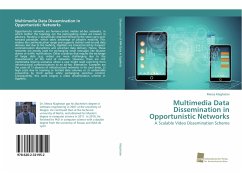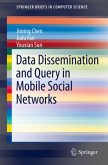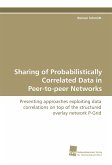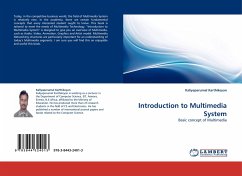Opportunistic networks are human-centric mobile ad-hoc networks, in which neither the topology nor the participating nodes are known in advance. Routing is dynamically planned following the store-carry-and-forward paradigm, which takes advantage of people's mobility. This widens the communication range and supports indirect end-to-end data delivery. But due to the mobility, OppNets are characterized by frequent communication disruptions and uncertain data delivery. Hence, these networks are mostly used for exchanging small messages like disaster alarms or traffic notifications. Other scenarios that require the exchange of larger data (e.g. video) are more challenging due to the characteristics of this kind of networks. However, there are still multimedia sharing scenarios where a user might need switching from infrastructural communications to an ad-hoc alternative. Examples are the cases of 1) absence of infrastructural networks in far rural areas, 2) high costs due to roaming or limited data volumes or 3) undesirable censorship by third parties while exchanging sensitive content. Consequently, this work targets a video dissemination scheme in OppNets.
Bitte wählen Sie Ihr Anliegen aus.
Rechnungen
Retourenschein anfordern
Bestellstatus
Storno








